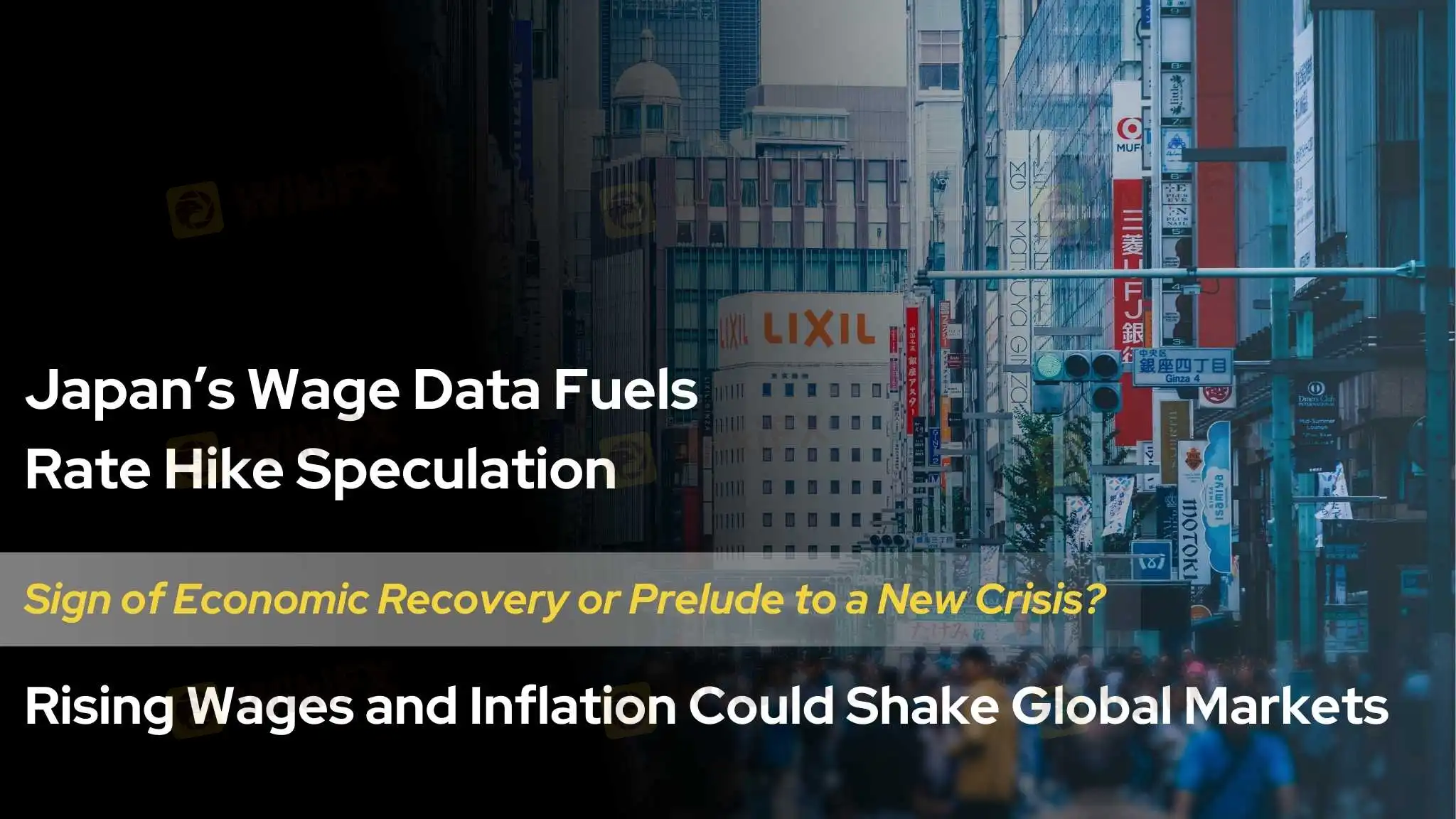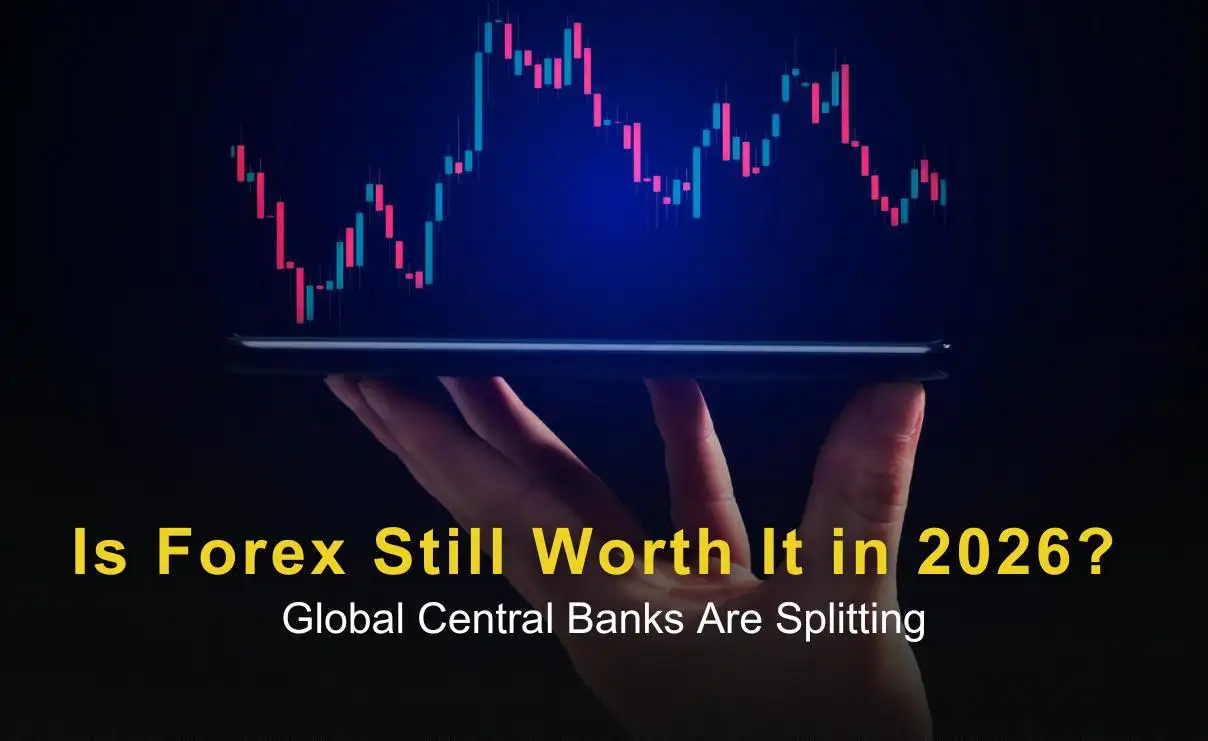Abstract:The latest data shows that Japan’s base wages in November rose by 2.7% year-on-year, marking the largest increase in 32 years, fueling speculation about a potential BOJ rate hike, but Governor Kazuo Ueda’s dovish remarks in December have shifted market expectations toward a potential delay in policy adjustments.

According to the Ministry of Labor, total cash earnings in November grew by 3.0% year-on-year, exceeding the expected 2.7% and the prior 2.2%. Overtime pay rose by 1.6%, compared to 0.7% previously, while base wages (or regular pay) increased by 2.7%, the fastest growth since 1992. However, when adjusted for inflation, real wages fell by 0.3% year-on-year, marking the fourth consecutive month of decline, indicating that despite nominal wage increases, workers purchasing power remains constrained by inflation.
Speculation on a Rate Hike
The sustained wage growth, combined with inflationary pressures, has heightened market expectations that the BOJ may raise interest rates. In July 2024, the BOJ already increased its short-term policy rate to 0.25%, ending an eight-year negative interest rate policy. The International Monetary Fund (IMF) has also recommended a gradual rate hike by the BOJ to address inflation risks.
The Global Financial Impact of a Rate Hike
Japans long-standing ultra-low interest rate policy has made the yen a cornerstone of global carry trade strategies. With near-zero interest rates, investors have borrowed yen at low costs to invest in higher-yielding assets, such as U.S. Treasury bonds, emerging market debt, or high-yield equities. These carry trades not only drive international capital flows but also provide significant liquidity to global financial markets.
However, if the BOJ raises interest rates, this dynamic could face significant disruption. First, higher borrowing costs for yen will directly increase the cost of carry trades, forcing many investors to unwind their positions or adjust their strategies. This could trigger a reversal in global capital flows, leading to reduced liquidity, particularly in emerging markets that heavily rely on foreign investments.
Second, a rate hike could cause the yen to appreciate. The unwinding of carry trades would further increase demand for the yen, driving its exchange rate higher. A stronger yen would erode the price competitiveness of Japanese exports, placing pressure on export-reliant Japanese companies. At the same time, yen appreciation could depress the value of other currencies, especially those in Asia-Pacific countries closely linked to Japans economy, potentially triggering regional financial market volatility.
Key Data and Timeline Before a Rate Hike
Before making a decision on a rate hike, the BOJ is expected to closely monitor several economic indicators, including:
- Inflation Rate: Persistent inflation increases the likelihood of tighter monetary policy.
- Unemployment Rate: Labor market conditions will influence the BOJs assessment of economic health.
BOJ Governor Kazuo Uedas dovish remarks after the December meeting have shifted market expectations toward a potential delay in policy adjustments.
The next BOJ policy meeting is scheduled for January 23-24, during which the latest economic data will be evaluated to determine whether monetary policy adjustments are warranted. While the market currently expects the BOJ to maintain its existing policy stance, continued increases in wages and inflation in future data could significantly raise the probability of a rate hike.








